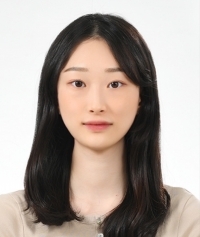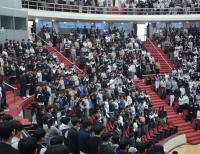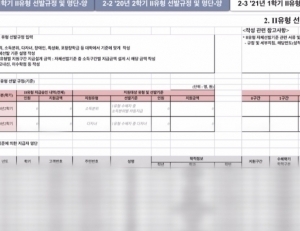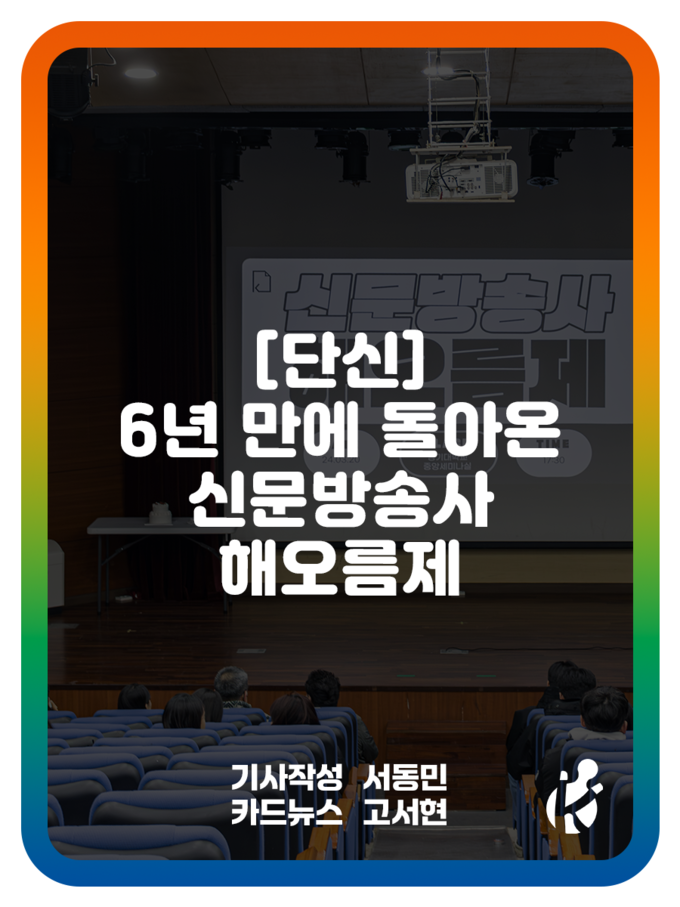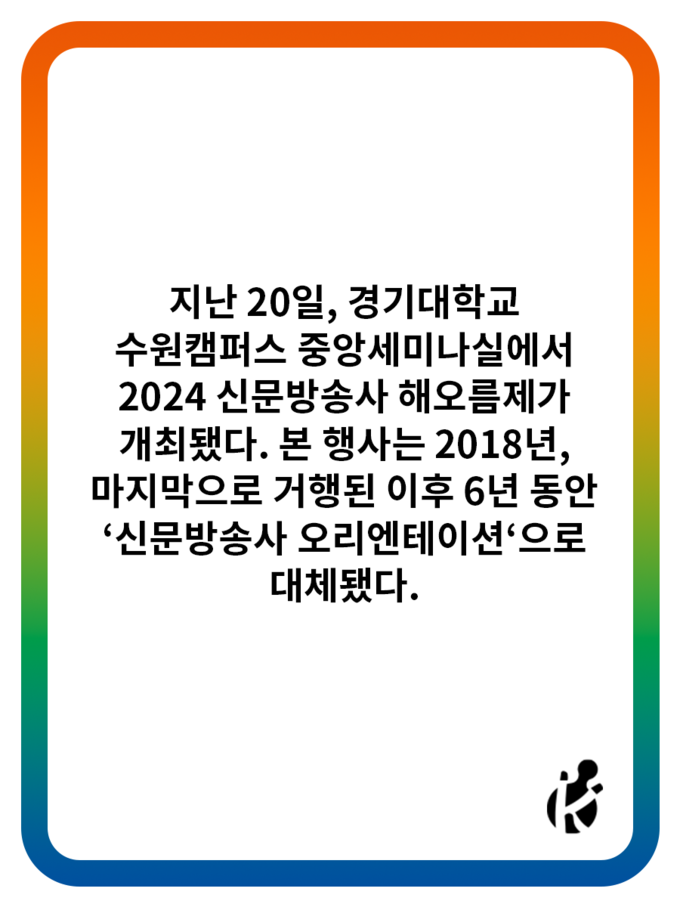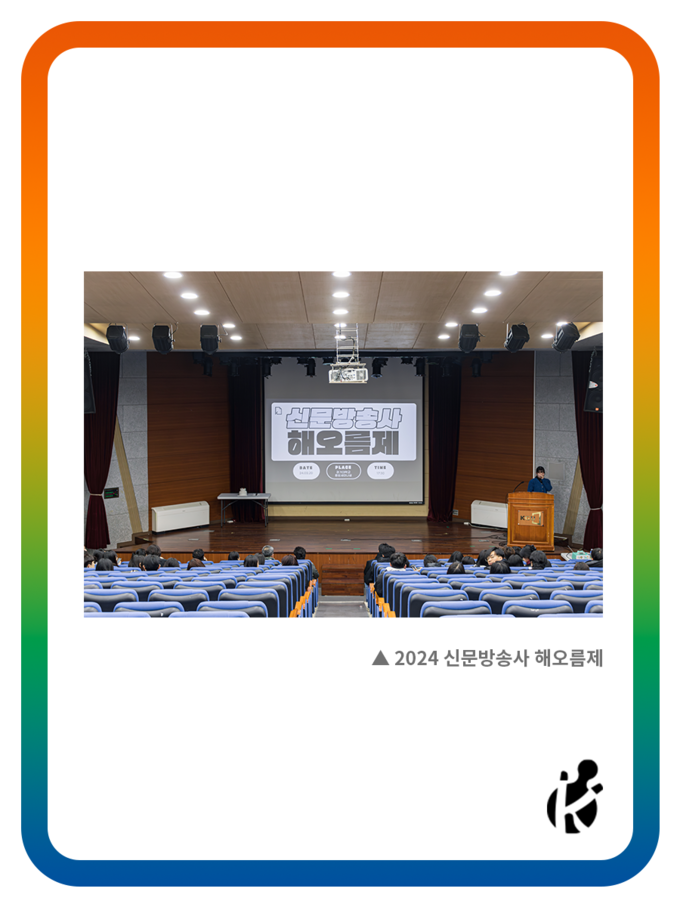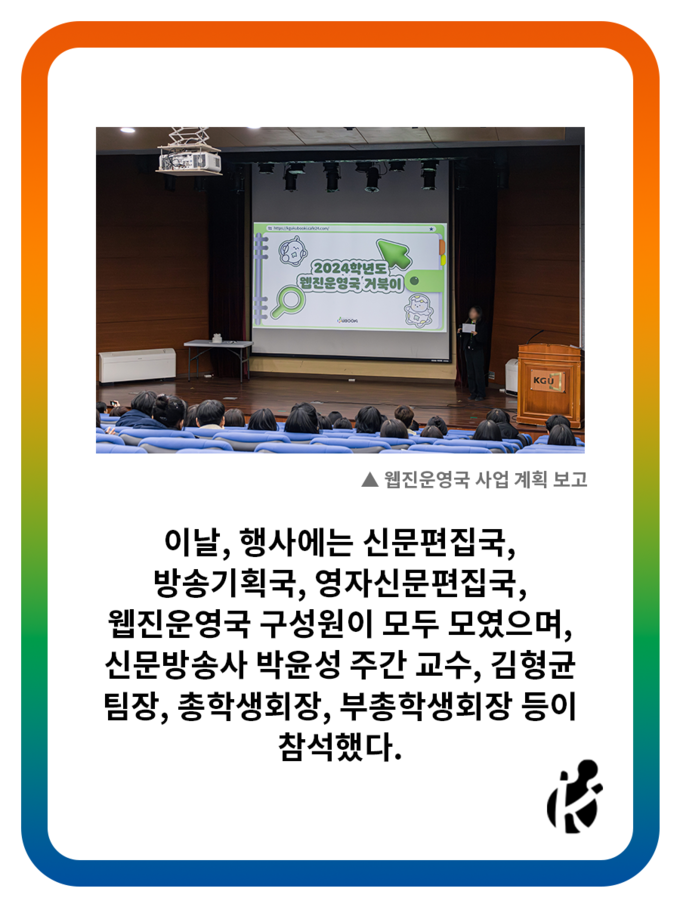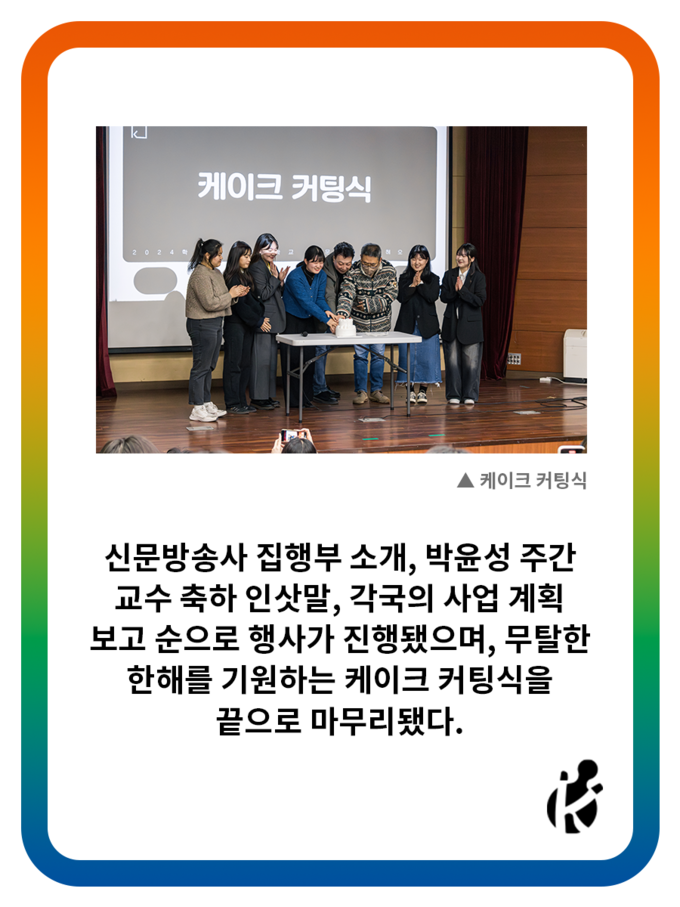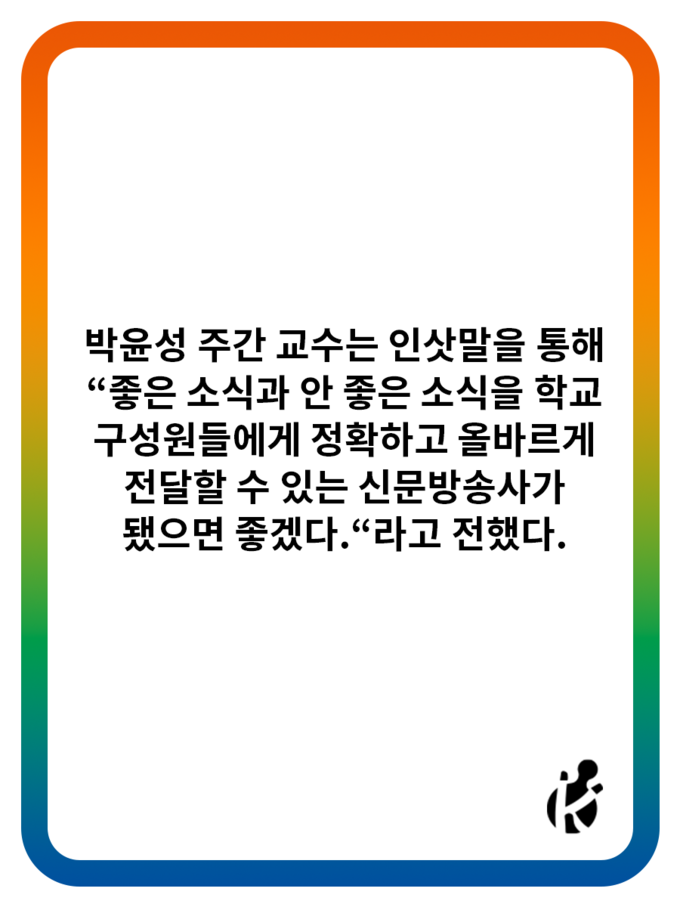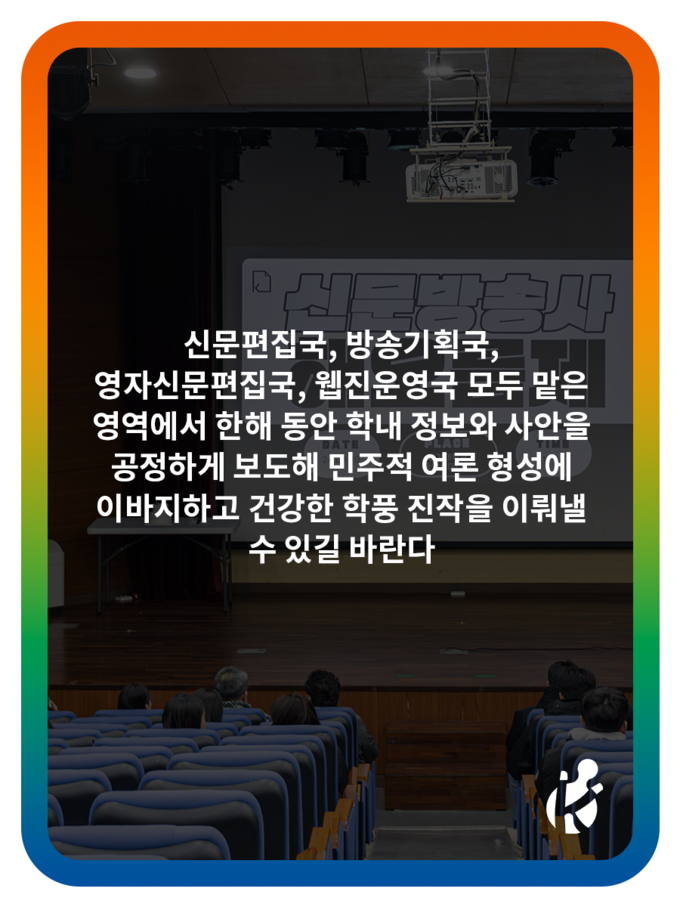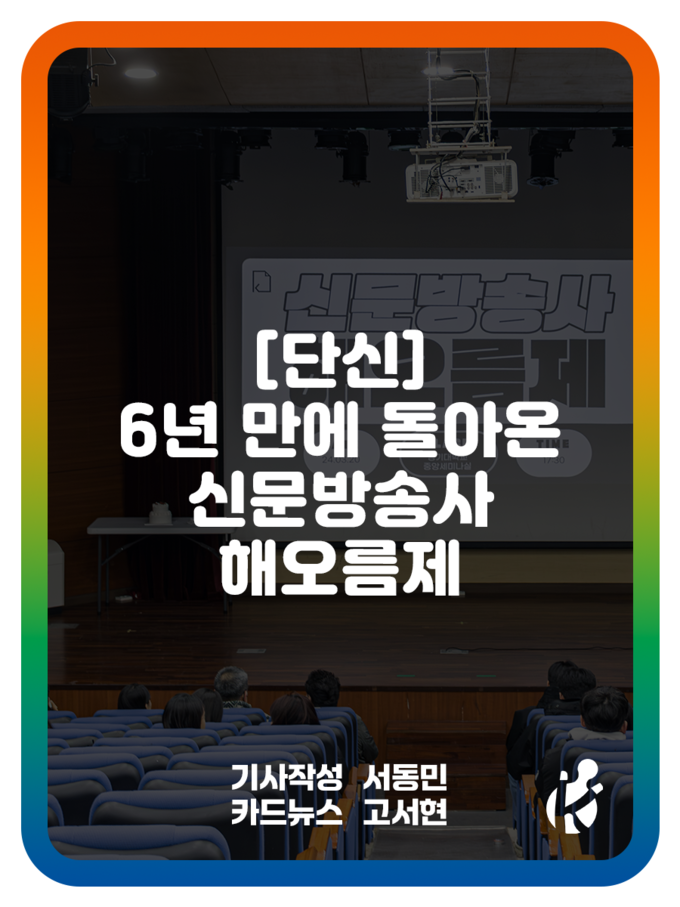There are several changes happening at Kyonggi University in 2023. The Department of Public Safety’s Department of Criminal Correction will be reorganized into the Department of Correctional Psychology, and the Department of Psychology will be added to Kyonggi University. The Department of Correctional Psychology is the first multidisciplinary major in Korea to integrate criminology and psychology. In addition, with the appointment of Professor Lee Soo-Jung, the first generation profiler in Korea, as a full-time professor, thisnew department is receiving a lot of attention from criminal psychologists and those who wish to become a profiler. Through this change in the Department of Correctional Psychology, Pharos will introduce what changes will occur for freshmen and existing students, focusing on the introduction of the department, curriculum, career advancement direction, and graduation requirements.

First, there are differences between criminology and correctional psychology. Correctional psychology is a study that applies psychological theories, principles, and practices to the correctional environment for educating criminals and juvenile delinquents so that they may return to society. The Department of Correctional Psychology aims to train correctional and protection professionals who can work at criminal correction and protection sites in the state and private sectors, and counseling professionals who are in charge of counseling at juvenile delinquency- related organizations. Prior to the reorganization of the department, the government focused not only on theory and practical research such as correctional protection policies for criminals and smooth rehabilitation into society, but also on psychological counseling and analysis of criminals.
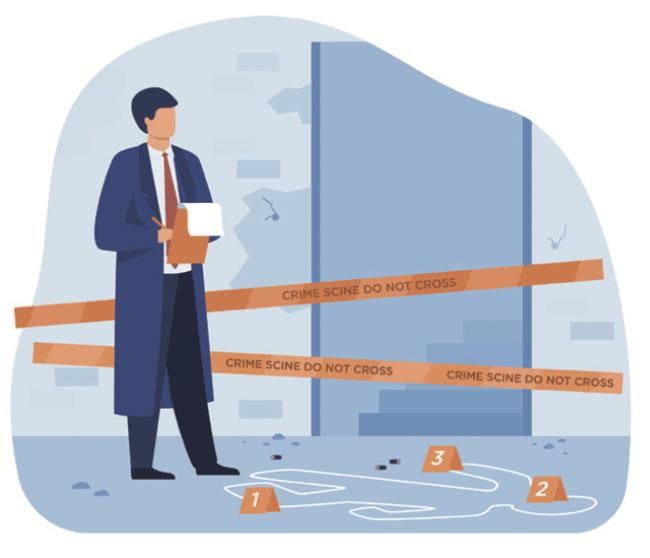
Second, the major of criminology will be changed to criminal psychology, and many psychology subjects will be added to the curriculum. These will provide education on crime-related applications such as criminology and criminal treatment theory, as well as education on basic psychology such as psychotherapy theory, clinical psychology and practical training, and cognitive learning psychology. It is expected that Professor Lee Soo-Jung will run a variety of special lectures and programs on correction and psychology. Furthermore, students will be able to choose a specialized focus depending on their preference. Students who want to take more courses in criminology can take criminology courses in the interdisciplinary curriculum, and students who want to take more courses in psychological counseling can have more systematic educational opportunities.

Third, according to this reorganization of the department, career paths will become more diverse. In the Department of Public Safety’s criminal correction major, the typical career goal used to be getting a job as a public official in the Ministry of Justice’s correctional, protective, or police agencies, or as a government employee in the Korean Rehabilitation Agency. However, as psychology education is expanded through this reorganization, it will be possible to get a job at a psychological institution by obtaining a certificate in the field of clinical psychology and psychological counseling. In particular, it is possible to prepare for special recruitment of public officials based on certificates. In addition, as it became promising to enter the Department of Correctional Psychology at a general graduate school, in-depth psychology studies have become possible. It is also said that Kyonggi University’s Department of Correctional Psychology will make it easier for students to pursue a career in academia.
Finally, the graduation requirements are not that different from before. As the psychology courses are being expanded, additional qualifications for national certificates such as mental health clinical psychologists and youth counselors that can only be obtained after graduating with a bachelor’s degree in psychology will now be available. The most significant outcome of this reorganization is that students can receive a more diverse education with the establishment of a psychology department that Kyonggi University did not previously have. In addition, as psychology courses are expanded, the major career path is broadened, and advanced education is now available according to students’ interests. It would be good to look forward to the reorganization of the department, which can give students a wider opportunity at the same time as it grows one step at the department level, serving as a stepping stone for students in the Department of Correctional Psychology and Kyonggi University.
78th Reporter • LEE HYEON SEO • papiberry@kyonggi.ac.kr
78th Reporter • LEE SU BIN • ded333@kyonggi.ac.kr
- TAG
-
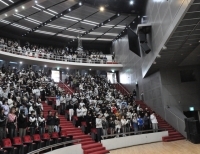 What Happened in KGU? : 수원캠퍼스 학생총회 편
On April 4th, a general meeting of students was held in the Tele-convention center at the Suwon campus. The contents were the same as the general meeting of students in the Seoul campus: the first part was for agenda announcement, the second part was about the Membership Training for whole university, and the third part was simple Q&A time. In the first part, the agendas were all the same as the ones for the Seoul campus, and the result of the ...
What Happened in KGU? : 수원캠퍼스 학생총회 편
On April 4th, a general meeting of students was held in the Tele-convention center at the Suwon campus. The contents were the same as the general meeting of students in the Seoul campus: the first part was for agenda announcement, the second part was about the Membership Training for whole university, and the third part was simple Q&A time. In the first part, the agendas were all the same as the ones for the Seoul campus, and the result of the ...

 [타 대학보 축사] 늘 그랬듯, 묵묵히
[타 대학보 축사] 늘 그랬듯, 묵묵히
 [와이파이] 큰 박스에 달랑 물건 하나, 과대포장 규제 정책 시행은 언제쯤
[와이파이] 큰 박스에 달랑 물건 하나, 과대포장 규제 정책 시행은 언제쯤
 [문화산책] 이 세계는 멋져 보이지만 모두 환상이야
[문화산책] 이 세계는 멋져 보이지만 모두 환상이야
 [네컷만화] 학생총회
[네컷만화] 학생총회

 목록
목록







